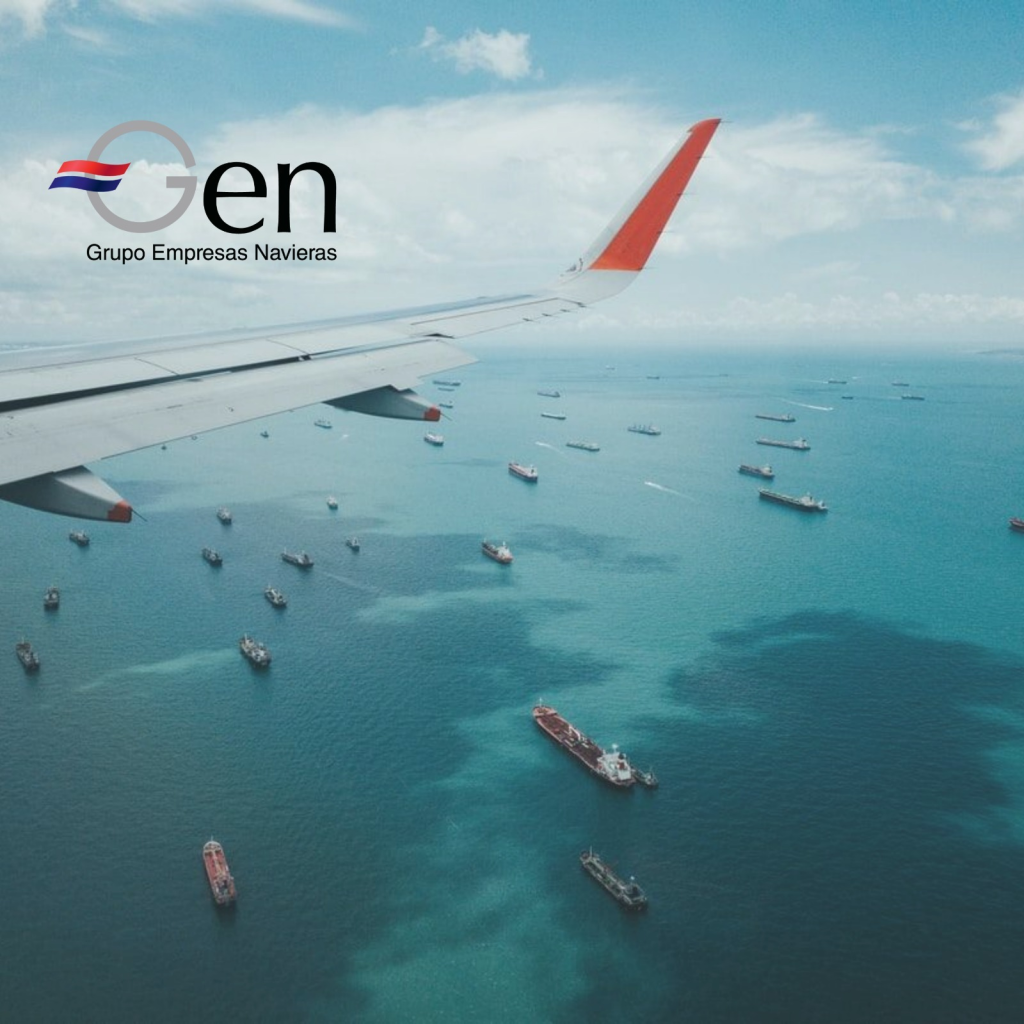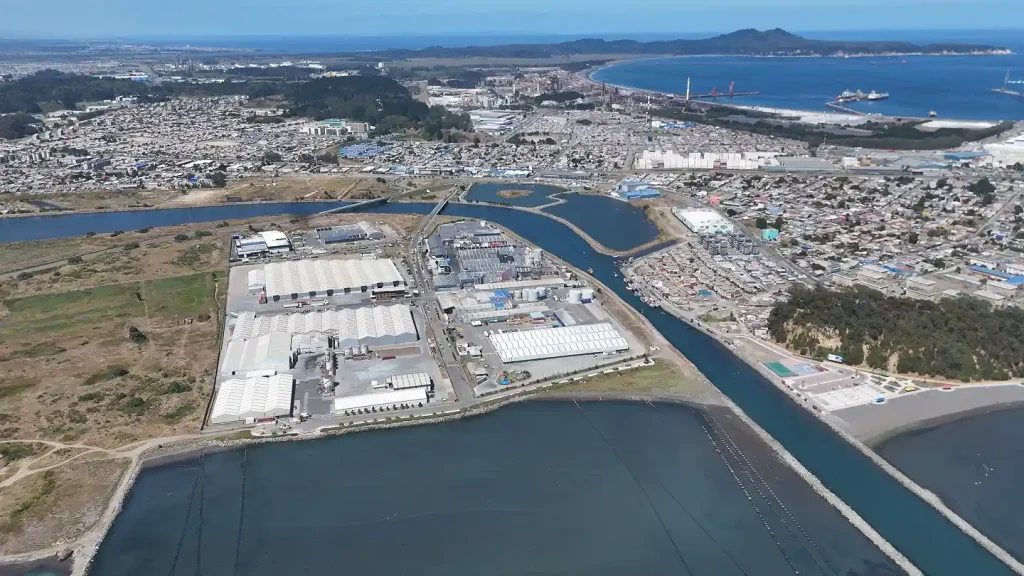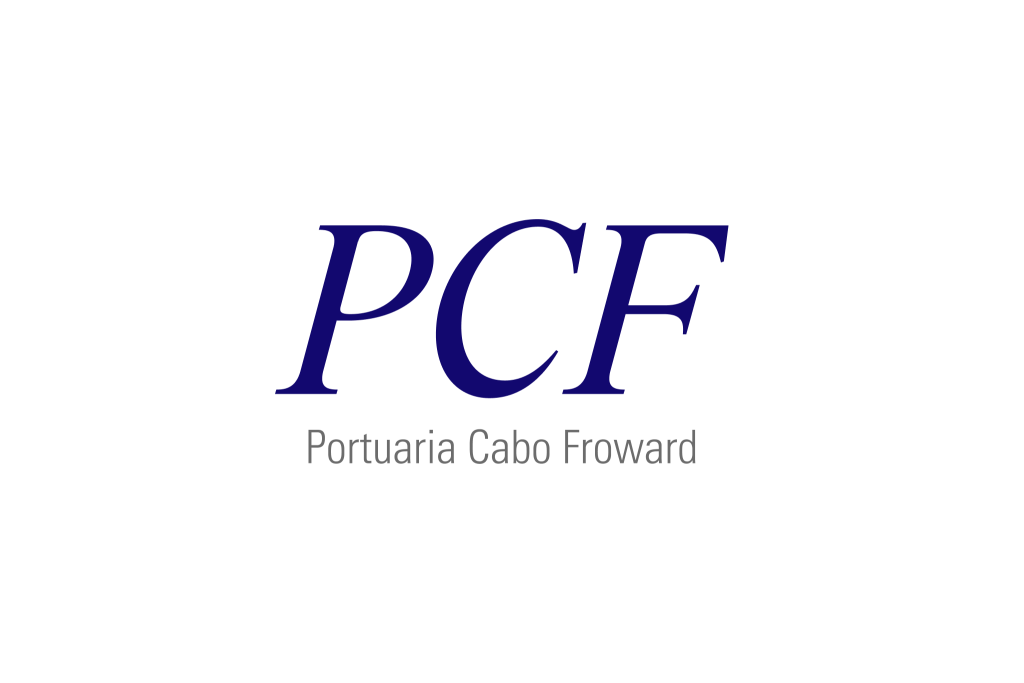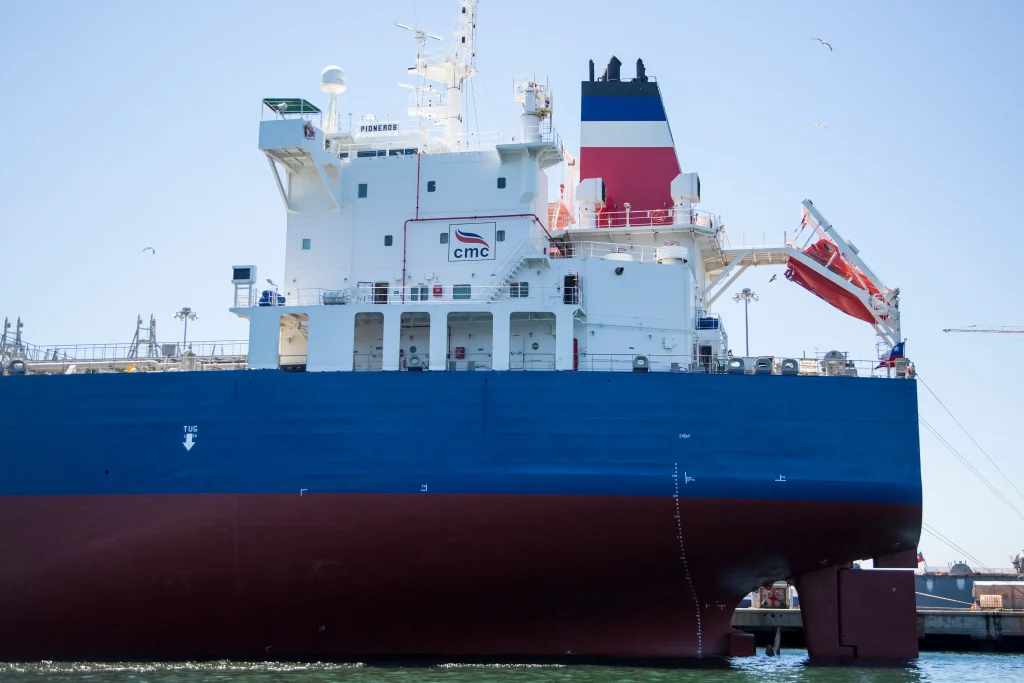Fitch Ratings upgraded the classifications on a national scale of solvency and of lines of bonds of Grupo Empresas Navieras S.A. (GEN) to ‘A(cl)’ from ‘A-(cl)’. The perspective was modified from Positive to Stable. Also, they confirmed the classification of stocks securities at ‘First Class Level 4(cl)’.
The increase of the classifications is based on the positive results obtained in 2021 and 2022 in all the businesses, as well as on the stable generation of positive free cash flow (FCF) backed-up by a conservative investment plan. This made the company consistently improve its credit measurements; in the last 12 months (UDM) to June 2022, the gross indebtedness was 3.2 times (x) and the net, 2.7x. Fitch expects GEN to maintain a moderate reduction of indebtedness trend, lacking relevant investments or changes in its distribution of dividends policy.
The classifications reflect the solid position of GEN in the fleet, ship agency, logistics and operation of port and airport franchises in Chile and Latin America; also, the stability of the generation of operational flows has allowed us to strengthen our credit profile. Said stability is supported by the growing diversification of its operations, with a greater focus on the fleet and logistics businesses, which are characterized by the predictability of their flows, supported by long-term contracts. Likewise, the classifications consider the total control by GEN of the dividends of its subsidiaries and the exposure of its operations to international trade and the growth of the product in Chile.
KEY CLASSIFICATION FACTORS
Positive Results in 2022: The company has improved its results in all its lines of business lines, reaching turnovers that exceed pre-pandemic levels; in 2021 it grew 29% and 42% in the first half of 2022, compared to the same period of the previous year. The highest turnovers meant a positive evolution of EBITDA, despite the slight reduction in its margin in the first semester of 2022 (1S22) which reached 16.3% (1S21: 19.8%) mainly due to a greater participation of sale of Bunker (segment with higher volume, but lower margin), and to coal loads and small chips registered in its subsidiary Portuaria Cabo Froward (Froward). Fitch projects moderate growth for the period 2023-2025, considering a greater economic contraction.
Positive evolution of FCO: GEN has been able to diversify its operations to less volatile businesses, such as the fleet, logistics and concessions, in which it has long-term contracts with its customers, which ensures greater stability in its flows. Fitch estimates that around 70% of the company’s consolidated EBITDA is associated with these long-term contracts. The agency projects conservative revenue growth of around 4% in 2023 and 2024, and calculates that the EBITDA margin will be close to 16% for the 2022-2024 period, which would imply that the operating cash flow (FCO) grows at a range between 100 million USD and 135 million USD in 2024.
Indebtedness in Reduction: Fitch expects that GEN will be able to maintain the indebtedness reduction trend that it has shown in recent periods, and reach a gross indebtedness level of less than 3.0x in the medium term, considering investments between 30 million USD and 40 million USD per year, and a conservative dividend distribution. The agency projects that GEN will maintain a positive FFL generation while strengthening its financial flexibility and reducing its debt, lacking greater investments than those considered in the analysis. The growth of the results in 1S22 and a low level of investments have allowed the company to reduce its gross indebtedness to 3.2x in UDM from 4.9x in 2020.
Growth in logistic and ship agency business – Sources: In 1S22, Agencias Universales S.A. (Agunsa) recorded an increase of 53% in its turnover, with an EBITDA margin of 9.9%. This increase was mainly due to the growth in revenue from the logistics segment (37%), mainly derived from a higher demand from companies in the mining industry. Also, the increase in agency services revenues (81%) due to increased port activity, higher Bunker sales, the better performance of maritime representations and entering into new contracts. Both lines of business represent 33% of the total GEN’s EBITDA.
GEN’s 23% growth in revenues from the port concessions segment (23%) in 1S22 is due to the positive performance of Puerto Manta, Talcahuano Terminal Portuario S.A. (TTP) and of the Concession of Berth No. 2 of the Port of Valparaíso, which has been partially compensated by the reduction of coal and chips cargoes transferred by Froward. In the airport segment, although GEN reduced the number of operations after stopping operating in Punta Arenas and La Serena, its post-pandemic activity has partially recovered; as of June 2022, its revenue grew 10%.
Solidity of the fleet business: The structures of the time charter contracts that subsidiary Compañía Marítima Chilena S.A. (CMC) has with Empresa Nacional del Petróleo (ENAP) [AAA(cl)/Estable] [AAA(cl)/Stable] for five tankers, with Copec S.A. (Copec) for one tanker, with AP Moller-Maersk for four 9,000-TEU (twenty-foot equivalent unit) vessels, and with CMA CGM and ONE (Ocean Network Express) for two 3,100 TEU ships, ensuring solid operational performance and stable of this business. ENAP recently renewed four contracts until 2025. The foregoing, added to a good market position, the robust financial profile of these customers and the quality of the assets involved (in terms of size and average age), compensate the risk of concentration of customers in this business segment.
As of 1S22, GEN showed 13% growth in revenues from this segment due to the operation of an additional ship in the tanker business at higher revenues due to fuel efficiency. As of the same date, it concentrated 43% of its EBITDA and 37% of its debt in the fleet business, being the main contributor of EBITDA at the consolidated level (with EBITDA and EBITDA margin in the UDM as of June 2022 of 69 million USD and 60.5%, respectively). According to what Fitch estimates, the indebtedness of the fleet business reached 2.5x in UDM as of 1S22, an indicator that is reduced in line with its debt schedule with periodic amortizations.
Classification stocks: GEN’s stockholding classification is based on its consolidated history of trading on the stock market, its median market size (November 2022: 185 million USD) and the adjusted spread of ownership, with a free float of 19%. However, the classification is restricted to ‘First Class Level 4(cl)’ due to the scarce liquidity of its stocks titles given its reduced stock market presence.
POWER OF THE CLASSIFICATION
Factors that may, individually or collectively, lead to a positive rating action/upgrade:
– Reduction in GEN’s indebtedness levels of around 2.5x (adjusted debt to EBITDA);
– Keeping long-term contracts for the fleet business;
– Greater diversification of customers and scale of operations;
– Stability of its flows resulting from the growth of Agunsa’s operations, as well as keeping the vessel lease contracts.
Factors that may, individually or collectively, lead to a negative/low rating classification:
– Investments or dividend distributions greater than those estimated financed with debt;
– Early termination of vessel rental contracts that affect the EBITDA of the fleet business;
– Deterioration in the operational performance implying a significant reduction in dividends paid to GEN;
– Events that, separately or together, result in a consolidated gross indebtedness greater than 3.5x.
DERIVATION OF CLASSIFICATION
GEN is one of the most important actors in the maritime industry at the national level and develops its operation in the fleet, logistics, agency services and concessions businesses. It has an income structure with a strong component of long-term contracts, which has helped to stabilize its FCO. Regarding business diversification and contract sales structure, GEN is well positioned compared to peers classified in the national scale categories of A-(cl) and A(cl). Fitch projects that indebtedness, measured as adjusted debt to EBITDA, could reach 2.7x by the end of 2022 (2.2x net of cash); which would be in line with the median of the category of A(cl).
KEY ASSUMPTIONS
The key assumptions used by Fitch for the particular case of GEN include:
– Revenue with annual growth of 32% in 2022 and around 3% to 4% for the 2023-2025 period;
– Stable consolidated EBITDA margin, around 16% in the medium term;
– The contracts with ENAP (five tankers) and with AP Moller – Maersk (four 9,000-TEU vessels) are still in operation, in addition to the consolidation of a 3,100-TEU vessel;
– Capital investment (capex; capital expenditure) at the consolidated level between 30 million USD and 40 million USD per year between 2022 and 2025;
– Distribution of dividends: 30% profit for the financial year for the classification design year.
LIQUIDITY AND STRUCTURE OF THE DEBT
As of 1S22, GEN maintained, at a consolidated level, a positive liquidity position, with a level of cash and liquid securities of 73 million USD, which represented 54% of short-term obligations (135 million USD). About 33% of said debt (45 million USD) is linked to the leased vessels, therefore, with flows secured through long-term contracts, 52% (70 million USD) correspond mainly to revolving debt used by Agunsa, and 17 million USD to GEN individual debt (9 USD correspond to bonds). In September 2022, Agunsa entered into a credit for 70 million USD with IFC (International Finance Corporation) for a seven-year term, aimed at refinancing its short-term debts.
The classifications also incorporate that GEN has, at a consolidated level and as of 1S22, 42% of its fixed assets free of liens, which cover 1.2x unsecured debt at book value, which, in a stress scenario, may restrict its financial flexibility. It should be noted that the book value of GEN’s fixed assets at a consolidated level covers 1.9x of its total financial debt. In turn, at an individual level, the company does not have guaranteed debt; this is concentrated in the CMC subsidiary, and in the subsidiaries that own the four 9,000-TEU vessels.
PROFILE OF THE ISSUER
GEN is one of the main national land, sea and air cargo logistics operators, in addition to maintaining significant geographical diversification of its operations. The holding develops a diversified portfolio of businesses, among which there are fleet business, the logistics business, maritime and air agency, the operation of ports and airport concessions.
The aforementioned classification(s) was (were) required and assigned or followed up upon at the request of the operator of the classified fund(s) or a related third party. Any exception will be informed.
Risk category definitions and additional information available at www.fitchratings.com/site/chile
Fitch Chile is a company that operates independently from issuers, investors and market agents in general, as well as from any government agency. Fitch Chile’s classifications are only opinions of credit quality and are not recommendations to buy or sell these instruments.
Summary of the adjustments to the Financial Statements
– Adjustments for leasing.
– Adjustments for derivatives on financial debt.
Fitch Chile’s Independence from issuers, investors and other market relevant participants.
The opinion of the classification entities does not constitute a recommendation to buy, sell or hold a particular instrument whatsoever. The analysis is not the result of an audit carried out on the issuer, but is based on public information submitted to the Commission for the Financial Market (CMF), to the stock exchanges and on that which the issuer voluntarily provided, and the classifier is not responsible for verifying its authenticity.
CRITERIA APPLIED AT A NATIONAL LEVEL
– Corporate Finance Classification Methodology (December 2, 2021);
– Stocks Classification Methodology in Chile (August 10, 2021);
– Classification Methodology at a National level (December 22, 2020).




